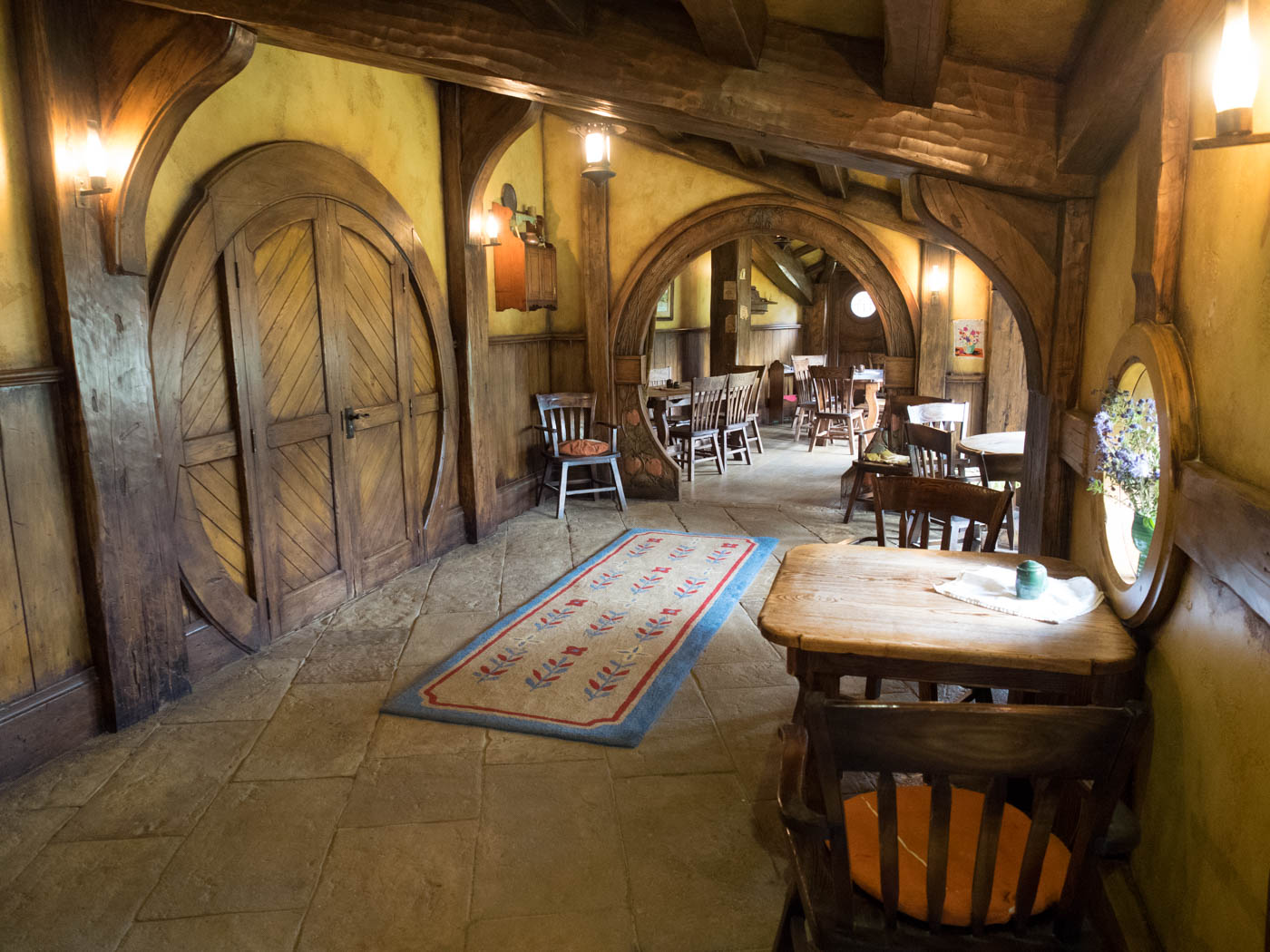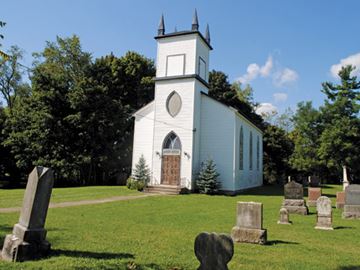A few shots from our drive up the Pacific Highway today.
Waikato
Pope recognises ACNA, Archbishop of Canterbury doesn’t
From here:
Pope Francis has signalled his blessing to the breakaway traditionalist American church at the centre of the split which has divided the 80 million strong worldwide Anglican Communion over the issue of sexuality.
He sent a message offering his “prayers and support” to Archbishop Foley Beach, the new leader of the Anglican Church in North America (ACNA), the conservative movement which broke away from The Episcopal Church after the ordination of the first openly gay bishop.
[….]
“Assure him [Archbishop Foley] of my prayers and support at this moment and in the future as he leads the Church at this very important moment of revival and mission.”
[….]
in an interview last week, Archbishop Welby underlined his view that ACNA is “not part of the Anglican Communion”.
The Pope has it right: ACNA is a catalyst for revival.
Although the Pope didn’t say it, Establishment Anglicanism represented by Canterbury and North America is an agent of decay.
The fruitless ARCIC meanderings have fizzled into endless vapid dialogue. It would be satisfying if some type of unity could be achieved between ACNA and the Roman Catholic church while Canterbury is still refusing to acknowledge the obvious – that ACNA really is a member of the Anglican Communion. Of course, if this takes too long, it will be transparently clear: ACNA will be a member of the only part of the Anglican Communion still left standing – GAFCON.
In a hole in the ground there lived a hobbit
Not a nasty, dirty, wet hole, filled with the ends of worms and an oozy smell, nor yet a dry, bare, sandy hole with nothing in it to eat: it was a hobbit-hole and that means comfort.
And here is a piece of prime hobbit real estate: Bag-End.

 The tree on top of Bag-End is fake and was assembled by hand at the cost of around $800,000 – so we were informed:
The tree on top of Bag-End is fake and was assembled by hand at the cost of around $800,000 – so we were informed:


 Samwise Gamgee’s house, 1 Bagshot Row:
Samwise Gamgee’s house, 1 Bagshot Row:




 The Green Dragon where I had some stout:
The Green Dragon where I had some stout:




 If anyone is wondering what keeps the sheep out (there are a lot of sheep here), it is the electric fence:
If anyone is wondering what keeps the sheep out (there are a lot of sheep here), it is the electric fence:
Justin Welby and the Idolatry of Reconciliation
I’ve been sitting on the balcony of our apartment in Brisbane enjoying watching the river traffic and strolling along the river walk: 

 Although this is more entertaining than dwelling on the convulsions of the terminally sick Anglican Communion, I have taken the odd moment to listen to the ever louder death rattle.
Although this is more entertaining than dwelling on the convulsions of the terminally sick Anglican Communion, I have taken the odd moment to listen to the ever louder death rattle.
Justin Welby is so keen on reconciliation, I had thought him a Reconciliation Fundamentalist; it seems to be worse than that, though. I suspect that when the time comes for man to judge the fallen angels, Welby will plead the case for a good disagreement rather than outright damnation.
Just as there is no reconciling good with evil, there is no reconciling the faux-Christianity of the Anglican Church of Canada and TEC with the genuine article. To pretend otherwise is to make an idol of reconciliation.
From here:
The ACNA is a “fellow member of the church of Christ in the world,” but added the “ACNA is a separate church. It is not part of the Anglican Communion.”
[……]
“We are committed ecumenically to reconciliation of the churches, to visible unity this is John 17 particularly the last few verses. That is a profound commitment, a profound emotional and theological commitment. Where there is the possibility of reconciliation with ecumenical partners, ACNA is clearly an ecumenical partner, it is a fellow member of the church of Christ in the world, as with all ecumenical partners we seek reconciliation.”
German Ethics Council declares incest a “fundamental right”
From here:
Laws banning incest between brothers and sisters in Germany could be scrapped after a government ethics committee said they were an unacceptable intrusion into the right to sexual self-determination.
“Criminal law is not the appropriate means to preserve a social taboo,” the German Ethics Council said in a statement. “The fundamental right of adult siblings to sexual self-determination is to be weighed more heavily than the abstract idea of protection of the family.”
The problem for the Anglican Church will be this: if the church redefines marriage to include same sex couples, what possible reason could it have to exclude opposite sex siblings in monogamous, committed, faithful relationships?
Byron Bay
Dr. Priscilla Turner’s submission to the Anglican Church of Canada’s Commission on the Marriage Canon
I welcome the opportunity to contribute to this discussion. The Lord Jesus Christ taught us that there is no marriage in the heavenly life; but it is my conviction at 76, having lost an exemplary husband to Parkinson’s Disease just shy of the 51-year mark, that there is nothing more significant in this world than marriage, both for those who have marriages and for those who have none.
Discussion in our branch of the Anglican Communion has most unfortunately been characterised by a number of serious misunderstandings, including but not limited to these: That the Holy Scriptures are ambiguous about same-sex physical intimacy; that we may not know what were the convictions and practice of the Lord Jesus; that the phenomenon was different in the ancient world; that the behaviour of those with same-sex leanings is genetically pre-determined; that Christian love requires us to ‘bless’ same-sex ‘unions’; that people of the same sex can consummate sexually; and that all love may legitimately find an intimate physical expression. It is important to note that none of these positions is held by serious biblical and theological professionals: for instance, even those very few scholars who hold that the Scriptures are mistaken acknowledge that they are wholly adverse to same-sex practice. For none of these positions has the case ever been made outside advocacy scholarship, for the very sound reason that such a case cannot be made, and the most positive thing that may be said of such views is that they are less than informed. That busy bishops and other leaders unequipped with the tools of the trade have not tested them is venial. What is less excusable is that our Church has not until now asked any of the tiny handful who are so equipped to contribute.
To address your questions:–
- How do you interpret what scripture says about marriage? It is monogamous, between a man and a woman, and ideally life-long, though the Lord Himself admitted the possibility of pastoral provision for failure, and ‘evened up’ the sexual inequality of His day.
- How do you understand the theological significance of gender difference in marriage? It is an acted parable of the love-and-response relation between Christ and his Church prefigured in the Old Testament. In it all of us His people are feminine, and His passion and our response are made visible in fruitfulness. Same-sex physical relations do not correspond to this pattern at all. Which is the husband and which is the wife in such relations? How do they lead in any natural way to offspring? How do they show Christ to the world when they are characterised by the first-listed of the ‘Works of the Flesh’ in Gal. 5?
- Is there a distinction between civil marriage and Christian marriage? Yes. It is to be doubted whether the church ought ever to recognise divorces on as many grounds as the State. Furthermore, if the State chooses to institutionalise a relationship which is a nonsense, or a contradiction in terms, or which has an immoral act at its heart, this cannot be confused with Christian marriage or celebrated in church.
- The marriage canon describes “the purposes of marriage” as mutual fellowship, support, and comfort; the procreation (if it may be) and nurture of children; and the creation of a relationship in which sexuality may serve personal fulfilment in a community of faithful love. What is the theological significance of:
- companionship in marriage? My partner becomes both my closest Christian brother/sister and my nearest neighbour.
- bearing and raising children? Together we sub-create unique persons to serve God and the world and to live for ever.
- (the theological significance of) the relationship between marriage and sexuality? Marriage is essentially and irreducibly sexual, whatever other enrichments we may have added in Christian civilisation. The idea of husband and wife as best friends, for instance, was once very new. Unconsummated marriages have traditionally been capable of annulment, on the grounds that no marriage has been established in the sight of God or man. Same-sex acts may be genital, but they are precisely not sexual, because sex is by definition la petite différence.
- What is the difference between marriage and the blessing of a relationship? Are you asking about the public ceremony, or something else? In any case Christ’s Church has no authority to ‘bless’ what He does not bless, and such ‘blessings’ are of none effect. It never has been a sensible let alone godly way of running a diocese or a denomination to have something ‘blessed’ in some places which is believed to be sinful in others.
- How do you understand the sacramentality of marriage? As we always have, the outward and visible sign is sexual intercourse, which only opposite-sex people can have, married love is the inward and spiritual grace created and nourished thereby. How can those be married who cannot consummate sexually?
I have arranged for you to receive by the end of the month in three shipments:–
8 copies of Holy Homosex?: This & That Priscilla D.M. Turner [one copy for each member, best read back end first for those without ancient languages, i.e. starting with my Brief to the Lambeth Commission, and paying careful attention to my Dialogue with Hugh]
The Bible And Homosexual Practice: Texts and Hermeneutics Robert A. Gagnon [one copy to be passed around to all who have not read it]
O Love How Deep: A Tale of Three Souls Diana Maryon [one copy to be passed around to all who have not read it]
The Septuagint Version of Chapters 1-39 of the Book of Ezekiel: The Language, the Translation Technique and the Bearing on the Hebrew Text Priscilla D.M. Turner [My Oxford doctoral dissertation, one copy provided for those with biblical languages and long immersion in the study of the ancient world]
These works should be considered part of my brief. Many people will be watching to see the content reflected in your conclusions.
I will gladly travel at my own expense to discuss any of these matters with the Committee face-to-face.
Yours most sincerely,
Priscilla Turner
DR. P.D.M. TURNER
Diocese of Niagara starts demolishing church, forgets to tell anyone
 From here:
From here:
Some Port Robinson residents are hoping they’ll be able to save historic St. Paul’s Anglican Church, but the clock is ticking with the 170-year-old icon slated for demolition.
Some residents came to city council on Sept. 16, saying they were stunned to learn the white church, surrounded by an old cemetery, was scheduled to be knocked down.
“Most of us didn’t even know until it started to be dismantled,” said resident Kyrsten McDonald. “We’re wondering what we (can) do and how we can stop this.
“This is one of our last historical buildings that’s in great condition, and it’s being torn down.”
[….]
“It was never the desire of the Diocese to take down St. Paul’s as it has played a part in the history of the Diocese,” he said. “However, as a business decision, it was felt that we were left with no other choice.
“If the community had actually supported this parish over these many years, perhaps we would not have had to come to this unfortunate decision.”
As we can see, the problem lies with the community for not supporting the church: the diocese was forced into a Prophetic Social Justice Making ……. business decision. Perhaps the church would have garnered more support over the years if there had been more Gospel preached and less “more tea vicar?” social club cliquishness punctuated by spasms of leftist propaganda.









































